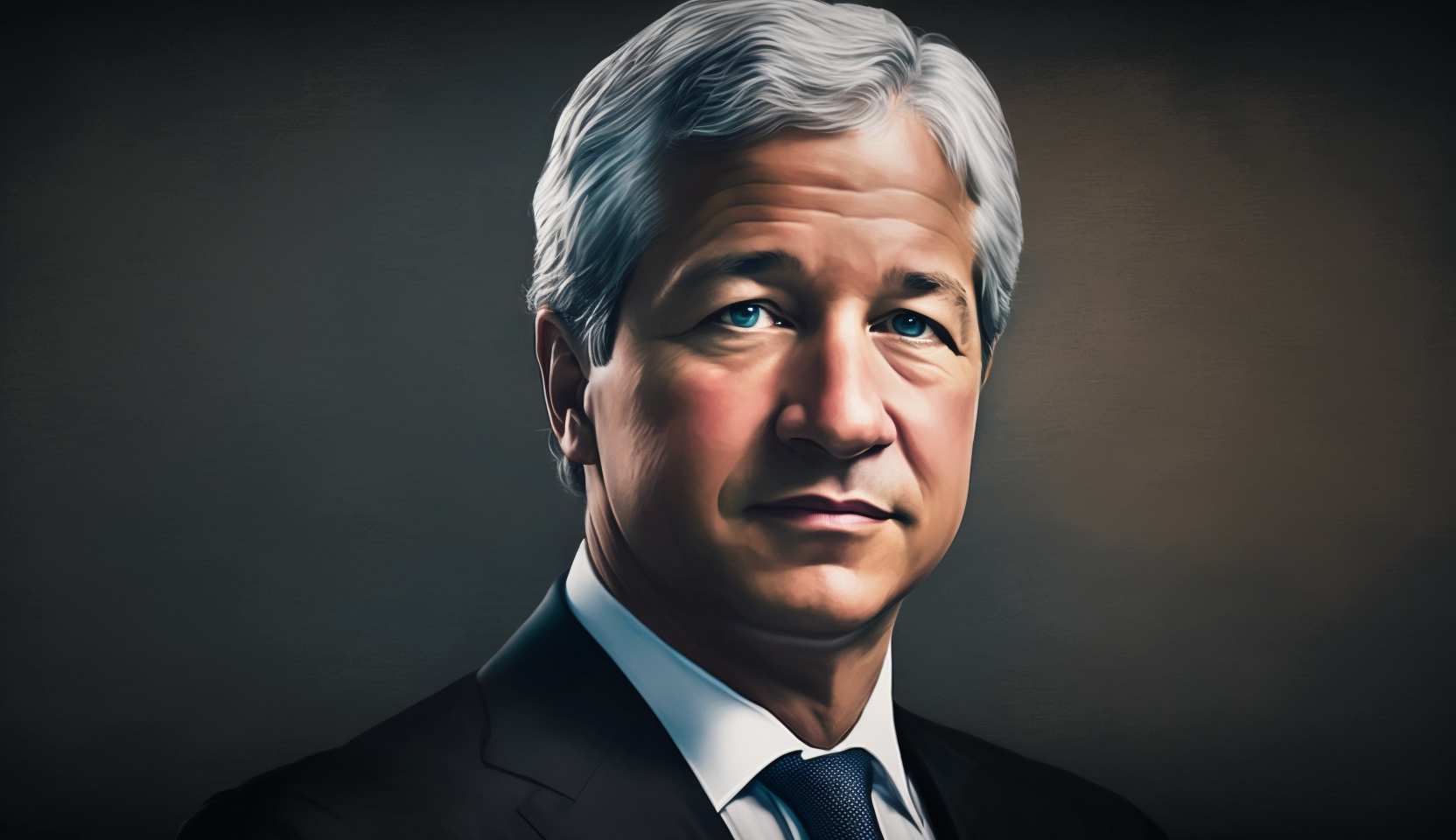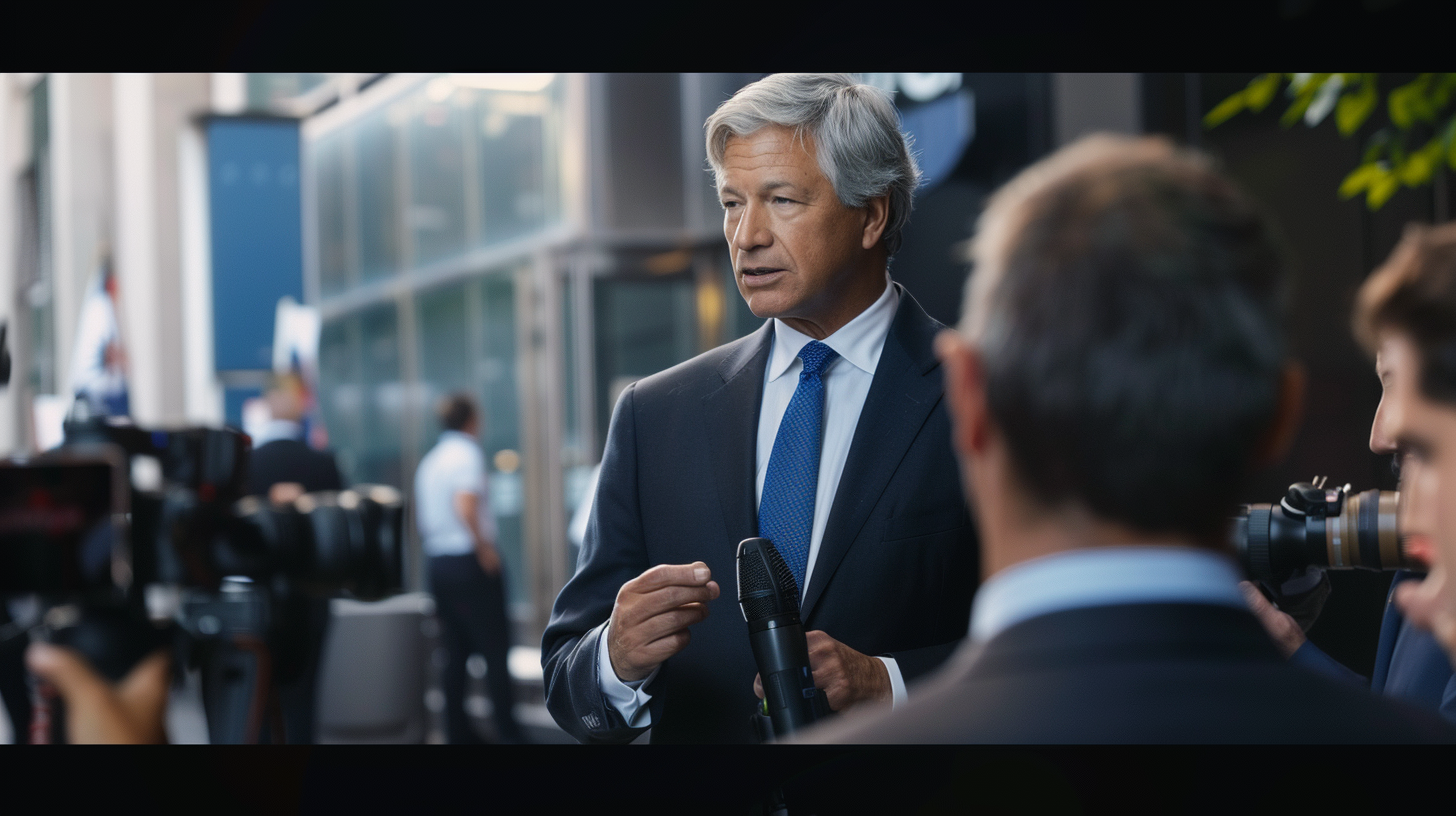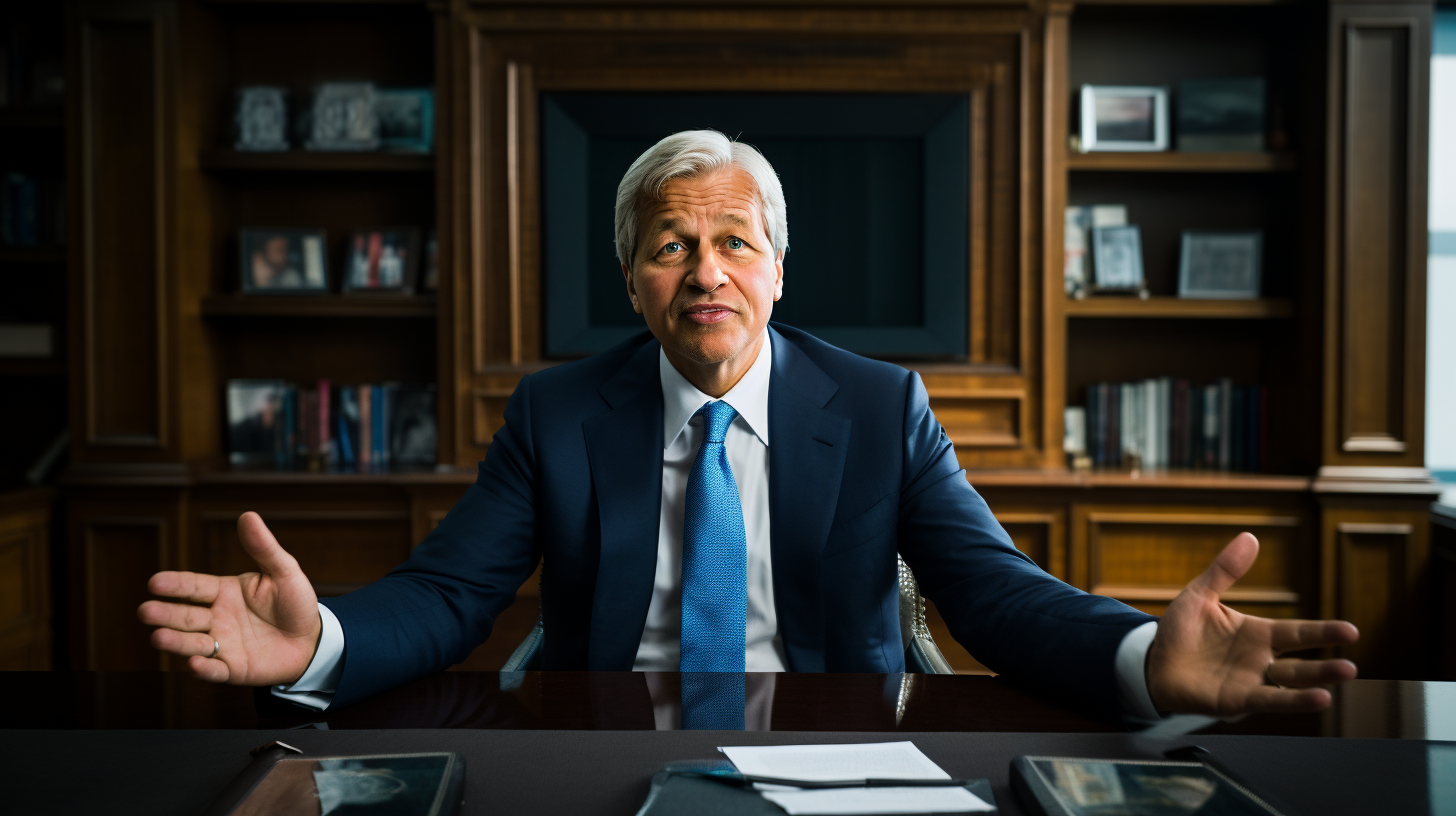Jamie Dimon’s run as CEO of JPMorgan Chase is nearing its conclusion, but the financial world is far from ready to say goodbye. At 69, Dimon is arguably more powerful than ever—commanding both respect on Wall Street and influence in Washington—and investors are beginning to confront the reality of his eventual departure with concern.
“He has more public clout than he’s ever had before in his life,” said Wells Fargo analyst Mike Mayo, reflecting the broad sentiment that Dimon’s role as JPMorgan’s leader is a stabilizing force in a volatile financial landscape. “And that clout comes hand in hand with his position at JPMorgan.”
That position, which Dimon has held since 2006, has led JPMorgan to unparalleled success. Under his leadership, the bank has delivered a median 20% annual return to shareholders—eclipsing both the S&P 500 and its banking peers. The firm is also operating with greater efficiency than its rivals, spending just $0.51 for every $1 of revenue compared to $0.63 or more for competitors like Goldman Sachs and Citigroup.
As JPMorgan prepares for its annual Investor Day on Monday, speculation around Dimon’s retirement will be front and center. Though he hinted last year that his retirement was within five years, and more recently confirmed that the “base case” is just a few years away, there has been no formal timeline announced. The ambiguity has only deepened investor anxiety.
The succession question is now the “single biggest idiosyncratic risk factor” for JPMorgan’s stock, according to Bank of America analyst Ebrahim Poonawala. Among the top internal contenders are consumer banking chief Marianne Lake and CFO Jeremy Barnum, but few expect any successor to fill Dimon’s shoes easily.
What makes Dimon’s potential exit especially consequential is his influence beyond finance. In 2025, his public comments on recession risks and trade policy made headlines and—according to media reports—even influenced President Trump’s decision to pause tariffs on Chinese goods. Trump referred to Dimon as “very smart” and acknowledged watching his interviews.
Despite Dimon’s downplaying of his sway in Washington, it’s clear his voice carries weight. He has urged more diplomacy with China and advocated for giving Treasury Secretary Scott Bessent space to lead trade talks. His words, in some cases, have moved markets.
And JPMorgan’s strategic position remains strong. The firm has invested over $17 billion in technology and maintains over $50 billion in excess capital, giving it ample room for growth through lending, acquisitions, or shareholder returns.
Shareholders like Mindee Wasserman, who holds over 1,000 JPM shares, are hoping he stays at least until the next election. “If he stays as long as he wants, that would be fine,” she said. “I would certainly hope he doesn’t leave before the next election.”
For now, Wall Street waits—and hopes Dimon isn’t going anywhere just yet.



